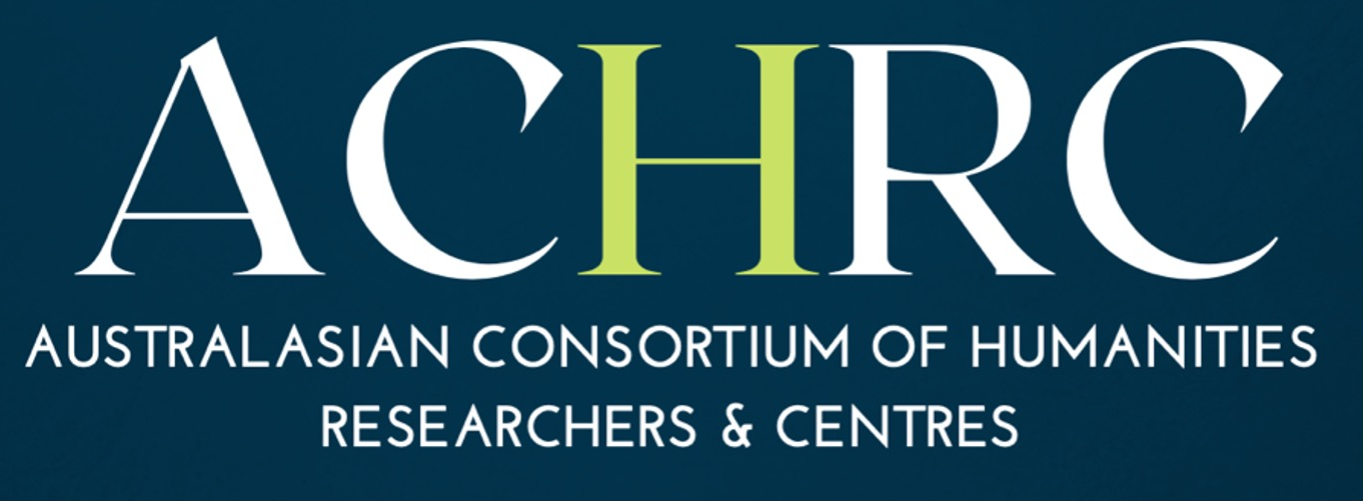Live Symposium
9am – 1:30pm AEST, July 3rd 2020
| 9:00 AM | Welcome |
| 9:15 AM | Keynote – ‘Reconciling Two Solitudes’ Dr Paul Hardisty (CEO, Australian Institute of Marine Science) As an engineer, I have spent my life working on solving physical problems – remediating contaminated soil and groundwater, reducing atmospheric emissions, protecting coral reefs and helping them adapt to climate change. And yet, literature, books and reading were my first love. It took me a long time to conciliate these two sides of myself, but once I did, a whole new world revealed itself. I found that each benefited immeasurably from the other. Science could help make beautiful prose, and emotive stories could help to communicate the value of engineered solutions. Perhaps the solitudes aren’t as far apart as we think. Examples abound through history and across cultures of harmony between art and science, between math and religion, prose and engineering. Architecture, design, even waste management have found ways to fire the soul while housing the poor and cleaning our water. Works of art have shaped cities and changed economies. And so, perhaps it is more a question of demanding both: that our science and engineering is beautiful and provides meaning, and that our art creates positive change and influences decisions. As we move into the 21st Century, a time like no other in human history, the power of this fusion is needed more than ever. |
| 9:55 AM | Keynote – ‘Crossing the Divide’ Dr Margaret Cook (University of the Sunshine Coast) As global citizens in the 21st century our greatest challenges include global warming, environmental degradation, sustainability and escalating ‘natural’ disasters. Such large problems need countless acquisitive minds with a broad skill set in order to solve them. To deal with these issues, scholars must cross the sciences and humanities divide. Scientists need facts to combine with historical, socio-political and cultural perspectives to comprehend the present and provide advice for the future. They must communicate their findings and engage with the wider community to have impact. These skills are regarded as the remit of humanities scholars. Equally, it is beholden on humanities scholars to respect the knowledge and abilities of scientists and ensure that in our work we ‘get the science right’, a challenge made easier through collaboration. This will enhance our credibility and relevance and earn us a participatory role in these global debates. Multidisciplinary collaboration should be the future. |
| 10:35 AM | Break |
| 10:50 AM | Panel – ‘Regional Humanities after COVID-19’ As Australian universities experience significant financial challenges due to COVID-19, the sector faces the prospect of transformation. How could the regional humanities be affected in the coming years, and what shape could (or should) they take to adapt to new business models and funding constraints? How can networks like the ACHRC continue to foster solidarity and connection between regional and metropolitan researchers? This panel invites discussants to reimagine the regional humanities, in light of the present crisis, and identify potential paths forward. Confirmed speakers:
|
| 12:10 PM | Panel – ‘Conversations Across the Creek’ In contemporary institutes, the humanities and sciences are often divided – sometimes physically, as by the creek that separates the disciplines at both JCU and ANU. In this panel, researchers from humanities, arts and sciences discuss the challenges and potentials for collaboration. How might the humanities and sciences work together to solve wicked problems? Confirmed speakers:
|
| 1:30 PM | Conclusion |
Presenter Biographies
Keynote Speakers
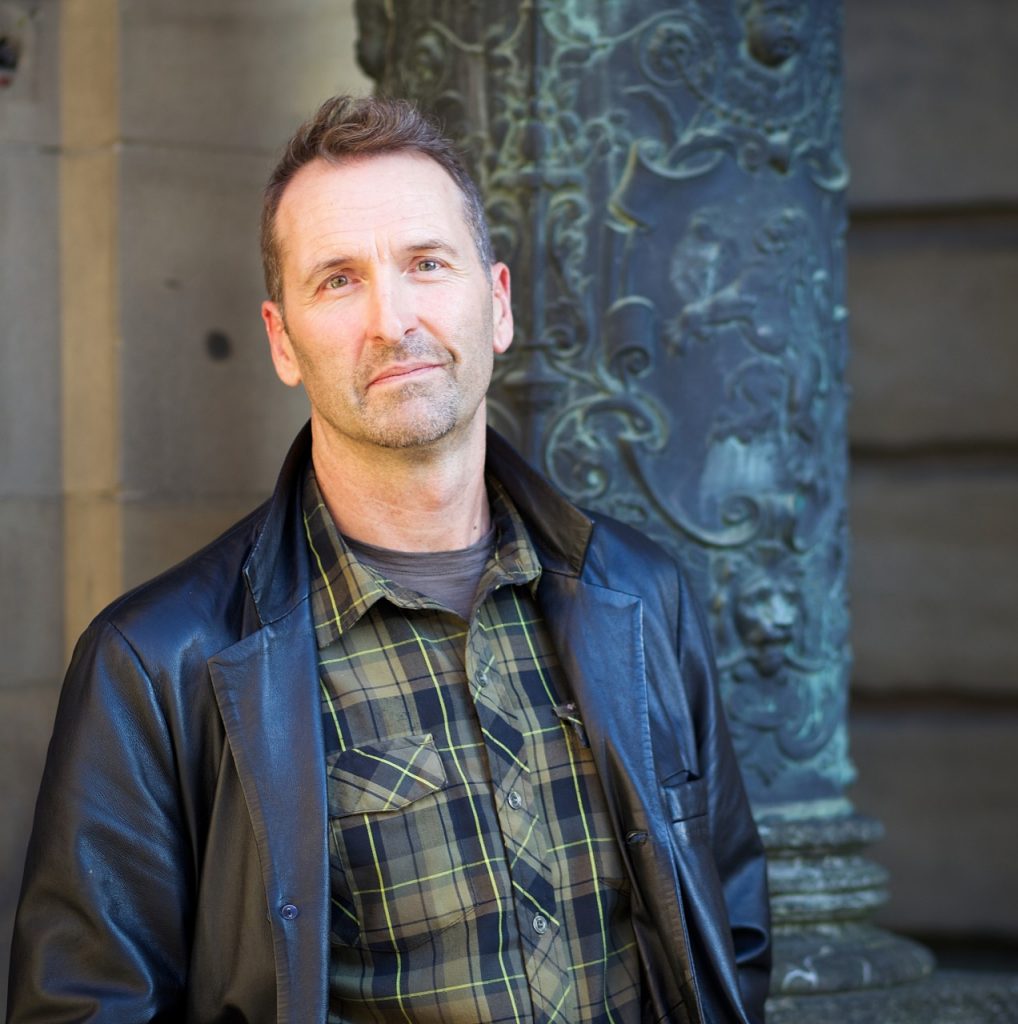
Dr Paul Hardisty (CEO of AIMS)
Paul Hardisty is currently the CEO of the Australian Institute of Marine Science. He is the author of five novels, including The Abrupt Physics of Dying which was shortlisted for the CWA Creasy Dagger. Turbulent Wake was named by several UK book sites as 2019 Book of the Year. His sixth novel, 7, is due out in 2021.
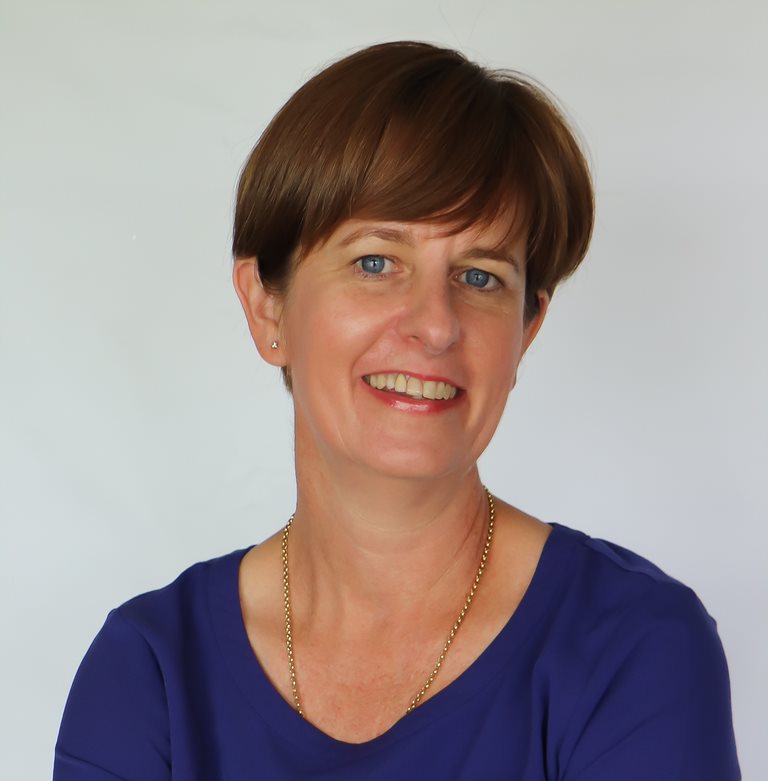
Dr Margaret Cook (University of the Sunshine Coast)
Dr Margaret Cook is a history lecturer at the University of Sunshine Coast, an Honorary Research Fellow at La Trobe University and the University of Queensland, and a freelance historian. Her research interests include natural disasters, water politics, and the cotton industry. Her recent book is A River with a City Problem: A History of Brisbane Floods.
Panellists
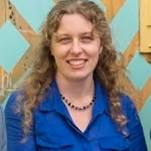
Dr Tully Barnett (Flinders University)
Tully Barnett is a Senior Lecturer in Creative Industries in the College of Humanities, Arts and Social Sciences. She is a Research Fellow for the ARC Linkage Project Laboratory Adelaide: The Value of Culture looking for qualitative and quantitative methodologies for measuring and reporting the intangible and non-financial benefits of cultural activities, institutions and events, with collaborators Julian Meyrick and Robert Phiddian. She serves on the advisory board of the ACHRC and the executive committee of the Australasian Association of Digital Humanities (aaDH).
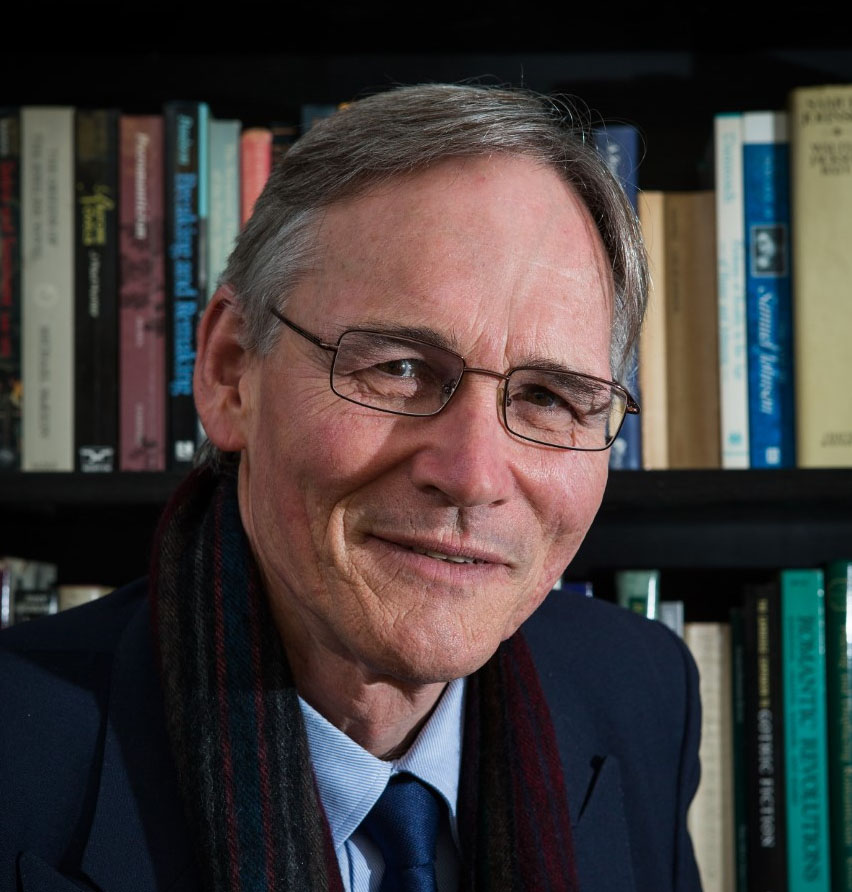
Professor Will Christie (Australian National University)
Professor Will Christie is Head of the Humanities Research Centre at ANU and Director of the Australasian Consortium of Humanities Research Centres. He is a Fellow of the Australian Academy of the Humanities, where he was Head of the English Section from 2015 to 2018, and was founding President of the Romantic Studies Association of Australasia (RSAA) from 2010 to 2015.
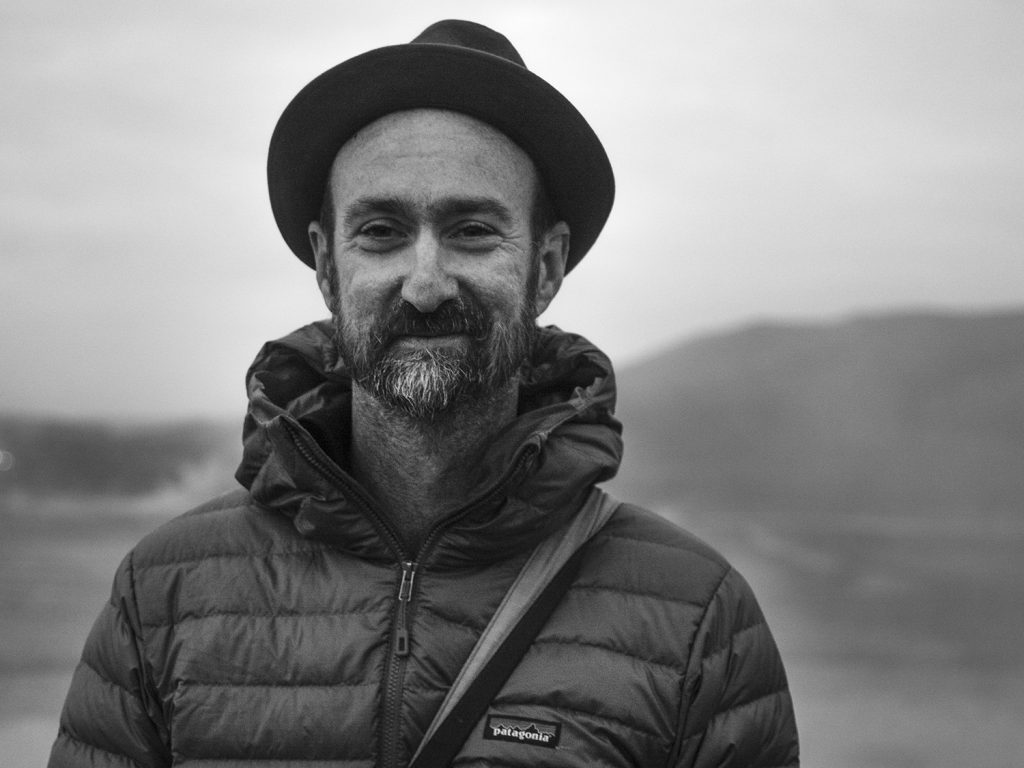
Associate Professor Grayson Cooke (Southern Cross University)
Grayson Cooke is an interdisciplinary scholar and award-winning media artist, Associate Professor of Media and Deputy Dean (Research) in the School of Arts and Social Sciences at Southern Cross University.
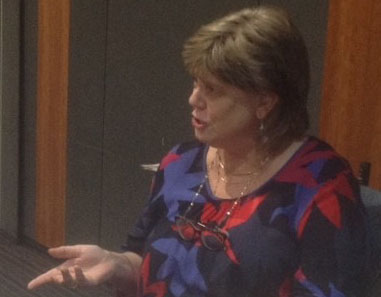
Associate Professor Allison Craven (James Cook University)
Associate Professor Allison Craven teaches Screen and English at James Cook University, North Queensland. She has served on Academic Board, and, while Bachelor of Arts Coordinator, on various faculty and university committees, and is currently an Elected (Academic Staff) Member of JCU’s 17th Council. The author of two monographs, she is currently Roderick Scholar in Comparative Literatures.
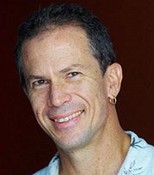
Associate Professor Simon Foale (James Cook University)
Simon is currently Head of Social Sciences in the college of Arts, Society and Education at James Cook University, His original training was in zoology and marine science but after working as a scientist for several years he enrolled in a PhD in order to explore the relationship between local environmental knowledge, customary marine tenure, and coastal fisheries in the Solomon Islands. This experience led to a growing interest in anthropology and political ecology, which he continues to draw on in his research into the relationship between scientific and non-scientific understandings of the environment. This has mainly been in the context of tackling renewable resource management and governance challenges, particularly in coastal fisheries. Having spent significant blocks of time working with both natural and social scientists, including while at ANU and JCU, and as a team member of a number of large, interdisciplinary research projects, Simon is very interested in the politics of interdisciplinary collaboration, and the power relations between natural and social scientists, and the natural and social sciences.
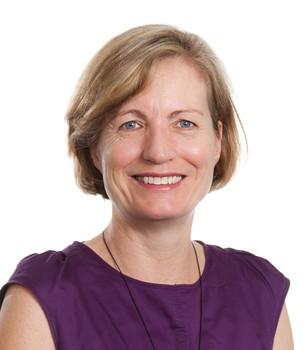
Professor Robyn Glade-Wright (James Cook University)
Associate Professor Robyn Glade-Wright is a practicing artist and educator who has presented over forty solo exhibitions in public and private galleries. Glade-Wright’s research interests include aesthetics, environmental art and practice-led research. Glade-Wright’s works of art call attention to the role humans have played in climate change, environmental pollution and species loss.

Professor Tiffany Morrison (James Cook University)
Professor Tiffany Morrison is Professorial Research Fellow, ARC Centre of Excellence for Coral Reef Studies. Her research combines human geography and political science to address the institutional and relational dimensions of complex regional change. Her current research focuses on how changing land-sea climates are perceived and controlled through public inquiry, narrative framing and citizen experience.
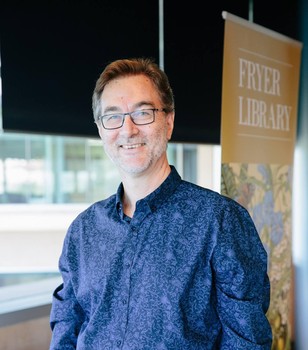
Dr Roger Osborne (James Cook University)
Roger Osborne is a Lecturer in English and Writing at James Cook University. His research concentrates on Australian literature and British modernism seen through the lens of book history, magazine culture, and scholarly editing. He co-authored the book Australian Books and Authors in the American Marketplace, and is completing a book-length study of Joseph Furphy’s Such is Life.
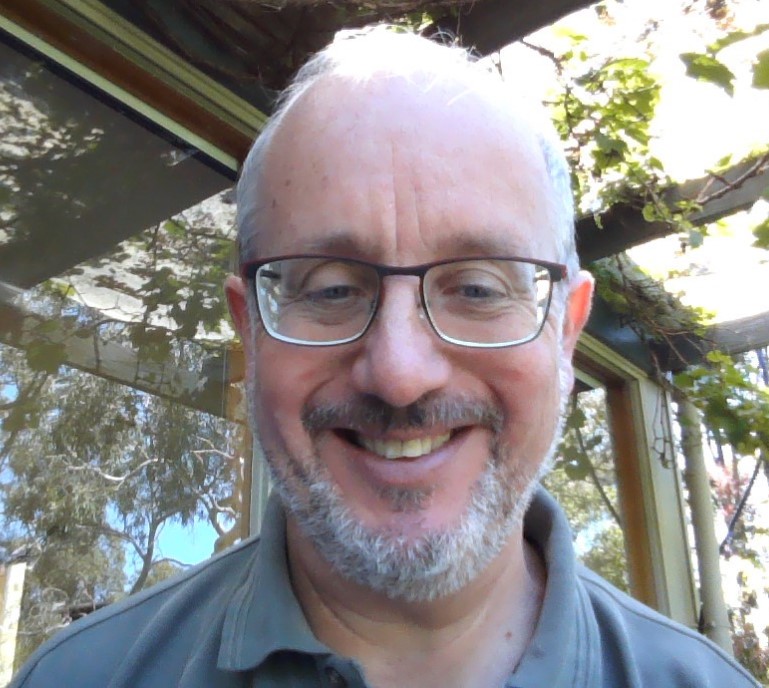
Professor Robert Phiddian (Flinders University)
Robert Phiddian started the ACHRC back in 2011 and clearly doesn’t know when to leave a party. He has been Chair of the Adelaide Festival of Ideas and a Board member of the Australian Book Review and of the international Consortium of Humanities Centres and Institutes (CHCI). Most recently he is the author of Satire and Public Emotions (Cambridge UP, 2019) and co-author (with Julian Meyrick and Tully Barnett) of What Matters?: Talking Value in Australian Culture (Monash UP, 2018).
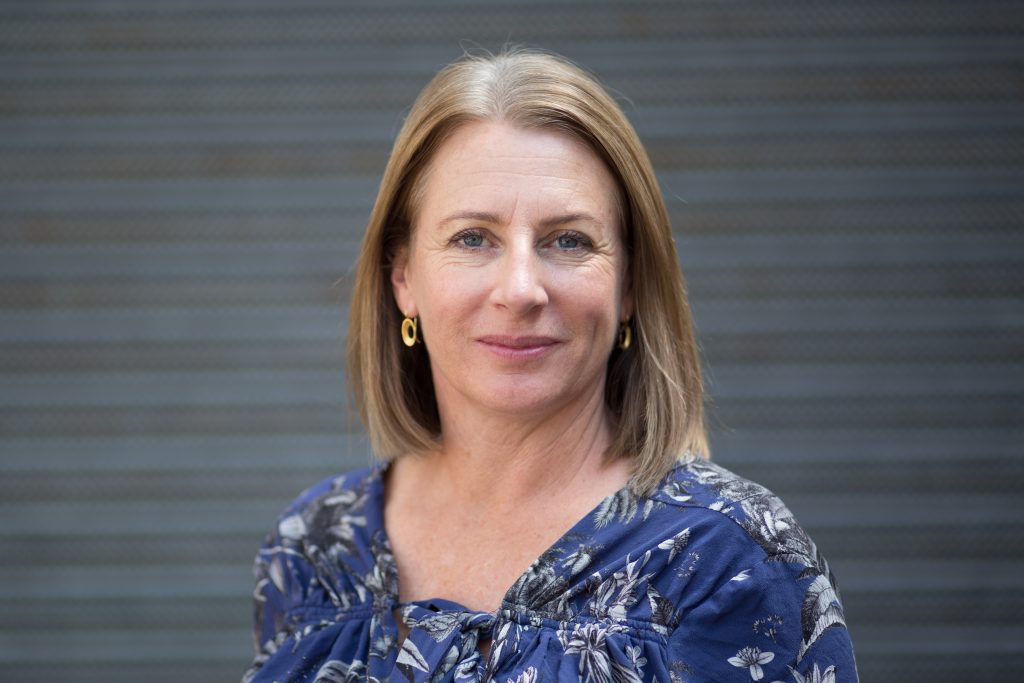
Professor Ros Smith (Australian National University)
Rosalind Smith is the Professor of English at the Australian National University. She has directed a regional Humanities research centre, The Centre for 21st Century Humanities at the University of Newcastle, as well as served as Acting Pro Vice Chancellor for Research and Innovation at the University of Newcastle. She currently holds 4 external research grants as lead CI (a Future Fellowship, a Discovery Project and a Linkage Project) and is CI5 on a LIEF grant on digital mapping in the humanities. She works on gender and form in early modern women’s writing, as well as the role of digital tools in analysing and disseminating early modern research.
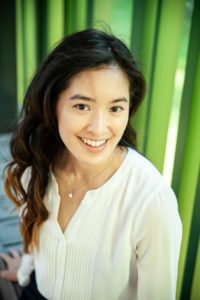
Dr Grace Yeung (James Cook University & Columbia University)
Bachelor of Medicine, Bachelor of Surgery alumnus Grace hopes to undertake studies towards a Master of Arts in Philosophy at Columbia University as a 2020 Fulbright Scholar. She seeks to specialise in philosophy of the mind and to merge this knowledge with novel neurobiological therapies for holistic treatment of psychiatric illness in disadvantaged youth. She currently works as a junior emergency physician and regularly attends journal clubs with a neuropsychiatry research group at James Cook University. Her previous biomedical research has focused on development of novel agents to treat type 2 diabetes and also on post-war health policy under the New Colombo Plan.
Workshops
‘The Two Cultures’ also includes two workshops, which will be held over Zoom on the afternoon of July 3rd.
| 2:30 PM | A non-traditional academic career: crossing divides Dr Margaret Cook (USC) |
| 4:00 PM | Adventures in communication: some strategies for getting your research into the public sphere A/Prof Liz Tynan (JCU) |
For abstracts and registration details, see the Workshops page.
Asynchronous Presentations
The live symposium will be accompanied by a variety of asynchronous presentations and artefacts (ranging from podcasts to works by creative artists) which will be released on July 3rd and available through the ACHRC website.
We are delighted to announce that the following presentations have been accepted as part of Humanities in the Regions 2020:
